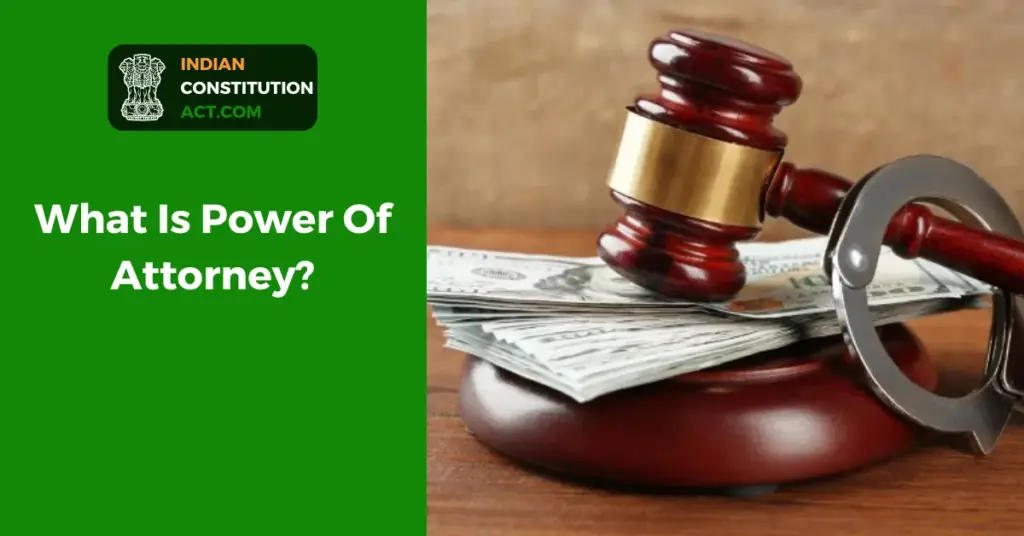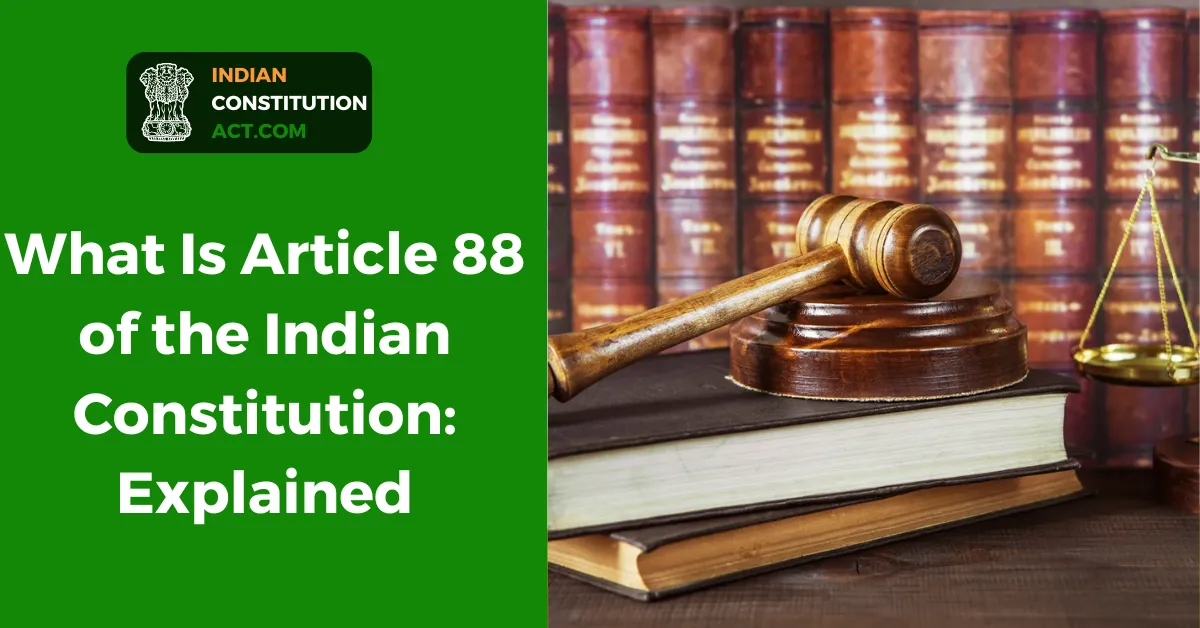The Constitution of India is the supreme law of India, establishing the framework for governance, fundamental rights, and duties. Article 88 of the Indian Constitution is one of the most important articles because it tells what rights the ministers and the Attorney General have in the Rajya Sabha and Lok Sabha. Let’s read Article 88 carefully and understand what it says:
Table of Contents
Article 88 of the Indian Constitution: Explained
Every minister and the Attorney General of India has the right to sit in the Lok Sabha or the Rajya Sabha and present their side. They cannot be stopped from speaking or sitting there. But it is important to keep in mind that whenever there is voting in any assembly, the minister and the Attorney General cannot vote.
Further, if the Minister and the Attorney General wish, they can go to any committee in which the name of the Minister or the Attorney General is mentioned, then both of them can go there and sit and have the right to speak as well.
What Is Article 88?
Rights of Ministers and Attorney-General as respects Houses:
Every Minister and the Attorney-General of India shall have the right to speak in, and otherwise to take part in the proceedings of either House, any joint sitting of the Houses, and any committee of Parliament of which he may be named a member, but shall not by virtue of this article be entitled to vote.
Also read: What Is Article 85 Of The Indian Constitution: Explained
What Is Power Of Attorney?

Suppose you cannot go to your office to sign a personal document due to some reason, then you can sign a power of attorney. This will transfer your power to another trustworthy person who can sign on your behalf.
Power of attorney is a legal document with the help of which you can pass authority to another person to make any financial or personal decision. The person who gives the power of attorney is called the ‘Principal’ and the person who gets the power of attorney is called the ‘Agent’
Who Is The Attorney General?
When a person gets into any legal or court case, he needs a lawyer to represent him. That lawyer argues on behalf of that person in the court or represents his side. Similarly, the Indian government also needs a lawyer to represent its side in any court of the country, but he is not called a lawyer, rather he is called Attorney General of India.
If you need any more information related to Article 88 Of The Indian Constitution or any other article, then tell us in the comment section.
